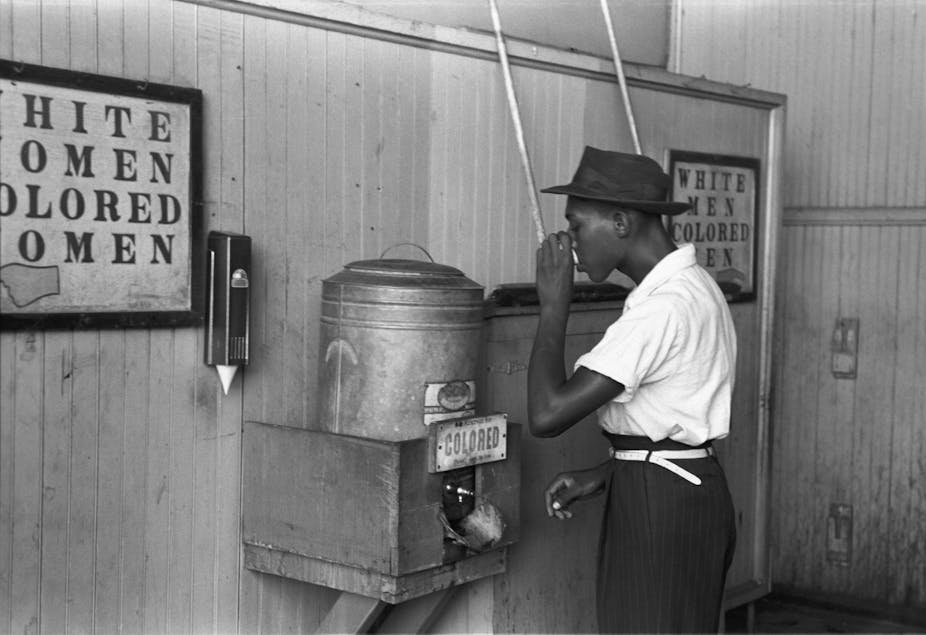I don’t like to take off my shoes in the house. Where I grew up, this was considered “uncultured”.
These days, with clean, fragrant carpeting and super-polished hard wood floors, or for reasons of culture or religion, it is often the done thing to remove your footwear, or to be asked to remove it, when heading inside.
When faced with the statement “we take our shoes off in the house” upon arrival at your friend’s place for dinner, what do you do? Me, I take off my shoes. Their house, their rules.
The “my house, my rules” mantra should certainly apply in our homes and should also apply on university campuses. But the difference is that, on campus, the house rules are set by the government, which is supposed to uphold the values of a democratic society.
However, it seems that some of these rules don’t apply to you if you are controversial or important. In these cases, you may have some wiggle room, according to Universities UK (UUK), the body that represents higher education leaders. If the rules of the house offend your sensibilities, and the event you want to hold on campus has been widely advertised and has attracted a lot of interest, then it might just be OK to break them.
This is essentially what UUK told universities in advice on hosting external speakers on campus published this week.
The document ponders whether a university should agree to segregate an audience by gender, giving the hypothetical example of a request being made by a visiting speaker on religious grounds.
The document appears to suggest that, according to the rules of the Equality Act 2010, this would only be discriminatory if it amounts to “less favourable treatment” of either female or male attendees.
How on earth can segregation be anything but discriminatory? It cannot. How would this not result in less favourable treatment? It will.
Does UUK really think that female attendees would even be acknowledged by a speaker that requested their audience be segregated? What it is advocating is Separate but Equal facilities. We’ve heard this term before and we should know better.
In the words of the US Supreme Court when it abolished separate but equal laws in the US South in the 1950s – “separate educational facilities are inherently unequal”. Or if you prefer the words of Polly Toynbee in the Guardian this week – “whatever is segregated by diktat is rarely equal”.
The advice from UUK is nothing short of appalling. There should be no-go zones in democratic society and this is one of them. Universities are places to challenge ideas and beliefs, places for discourse, places – unlike many a religious house – for disagreement and debate. Places where all members of a democratic society should be treated as equals, whether they are green, blue or lavender, male or female, wear mini-skirts or burkas.
We should all have equal access to the same facilities, the same discussions, the same debate. As the Equality Act tells us, it is against the law to discriminate against anyone because of their age, sexual orientation, religion, race, gender, disabilities, marital status or whether or not they are pregnant. And what are some of the places this act tells us we are protected in? At work, in education, as a consumer, when using public services. A university is all of these things.
A single speaker – whether hypothetical or not – requesting the segregation of an audience at a public university event should be told no, in no uncertain terms.
In the hypothetical case put forward by UUK, the requester did so on religious grounds. But you could think of any grounds you like. What if a white supremacist speaker demanded that races be separated? How would UUK advise them? What if the speaker demanded the audience be separated by religious belief – Sikhs on the right, atheists on the left, Christians to the centre right, Muslims on the centre left. Would UUK consider this arrangement equal?
I am not sure why UUK had to release such an extensive case study on the matter. When it comes to requests of segregation, the answer should simply be “our house, our rules”. And if you don’t like it, you can debate somewhere else.

